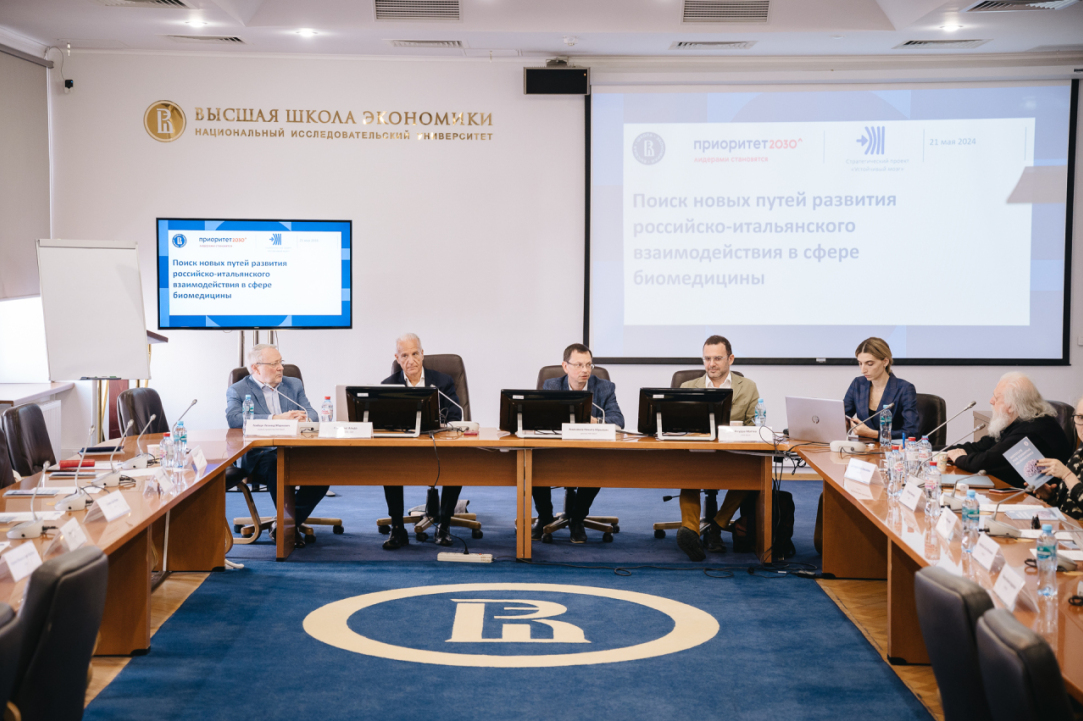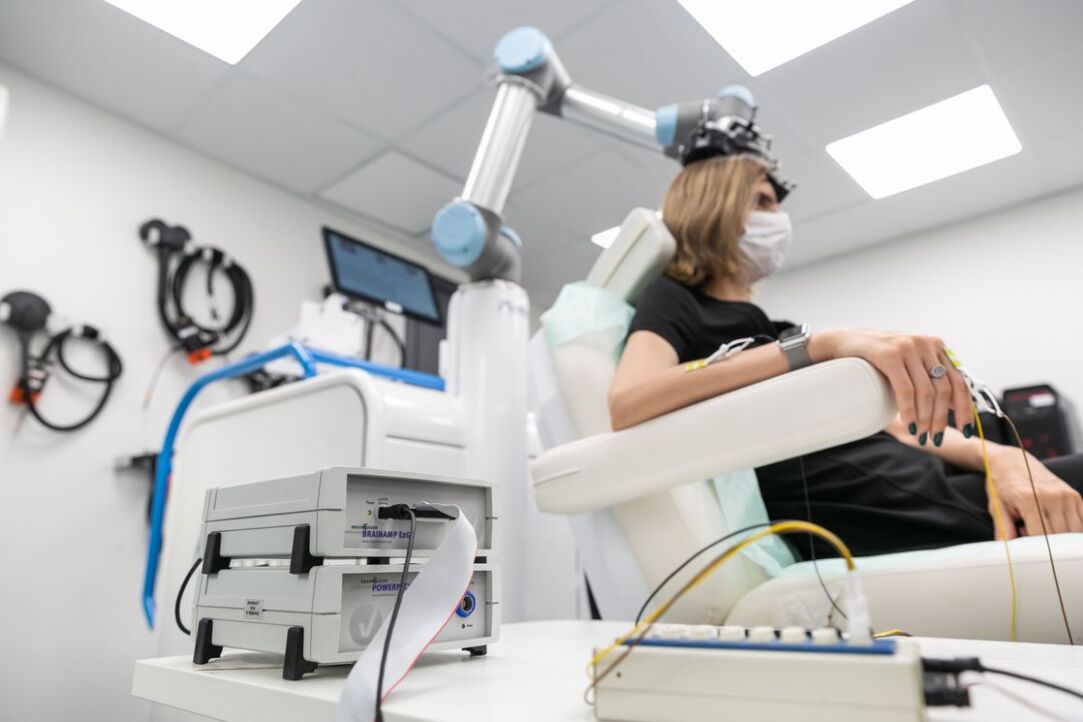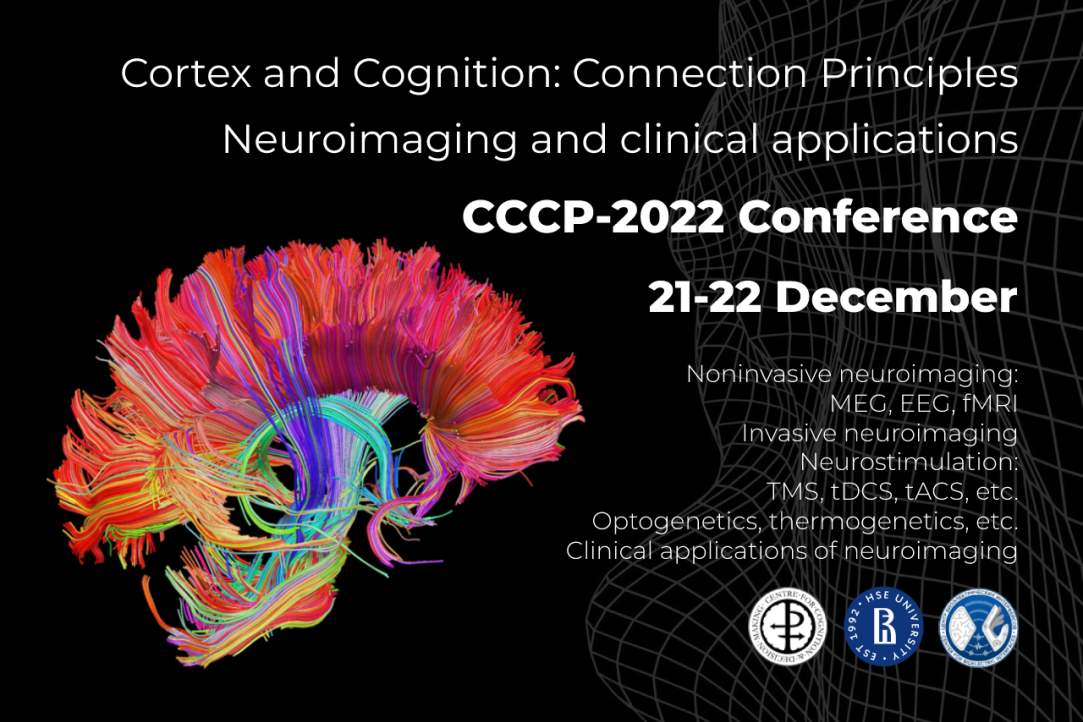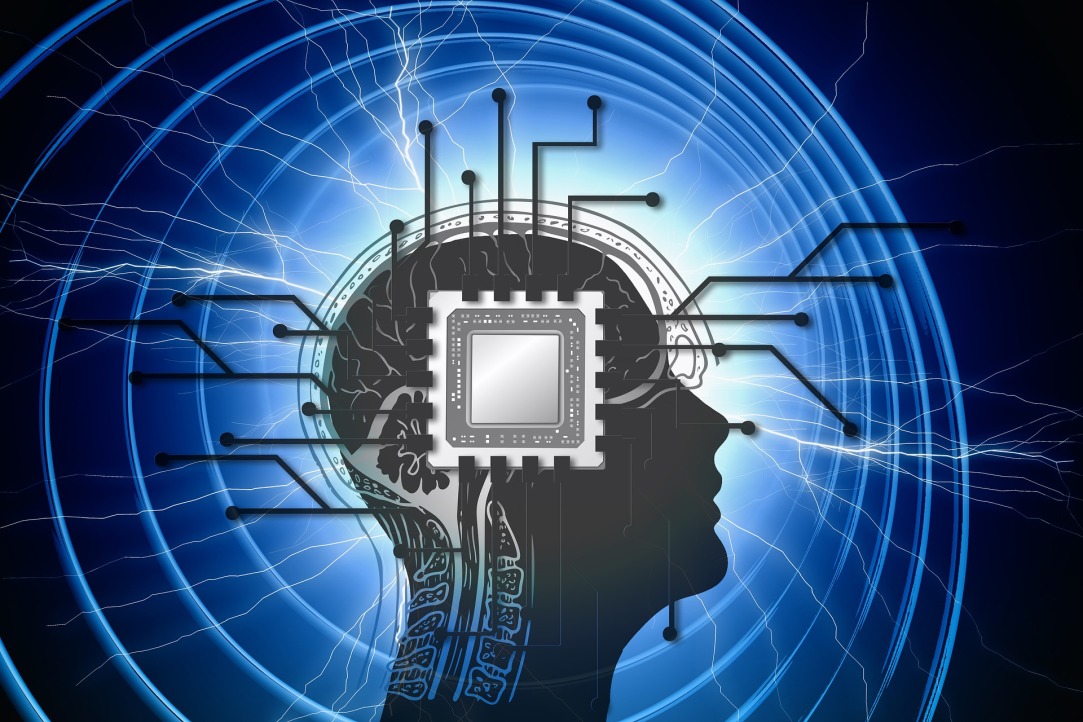
Scientists Rank Foreign Languages by Their Benefit for the Brain
For Russians, learning Belarusian is often better than Chinese

Russian-Italian Projects in Biomedicine Discussed at HSE University
HSE University hosted an international mini-conference titled 'Search for new ways to develop Russian-Italian cooperation in the field of Biomedicine,' attended by scientists from both countries and HSE Rector Nikita Anisimov.

Cognitive Sciences Ph.D. school is accepting applications for 2024
Studying at the PhD School in Cognitive Sciences opens avenues for careers in leading academic institutions, both in Russia and abroad.

Exploring the Eyes from a Scientific Perspective
Cognitive neuroscientist Andriy Myachikov explains the eye-tracking method and its applications in psycholinguistic research

HSE Scientists Investigate Third-Party Punishment for Unfairness
Scientists can measure individual sensitivity towards unfairness

Leading HSE University Scientists to Receive Grants from Ideas Research Centre for Neuroscience Research
The Ideas Centre for Advanced Interdisciplinary Research has announced the results of its 2023 competition. Five leading neuroscientists will receive grants to open graduate positions for early-career researchers who want to work on solutions to fundamental problems in this area. Three of the competition winners are scientists from HSE University: Matteo Feurra (HSE University in Moscow), Anastasia Kolmogorova (HSE University in St Petersburg), and Sofia Kulikova (HSE University in Perm).
Workshop "Recent Trends in Visual Cognition", December 8
December 8, from 11 a.m. - till 4 p.m. Format - online

The annual conference “Core and Cognition: Communication Principles. Neuroimaging and Clinical Applications (CCCP-2022)"
The conference will be held in English in a mixed format (offline + online), on December 21-22.

Young scientists learned new methods of brain research
On October 27-30, the VIII International School for Young Scientists "Active and Passive Methods of Brain Research" was held at the HSE Institute of Cognitive Neurosciences.

